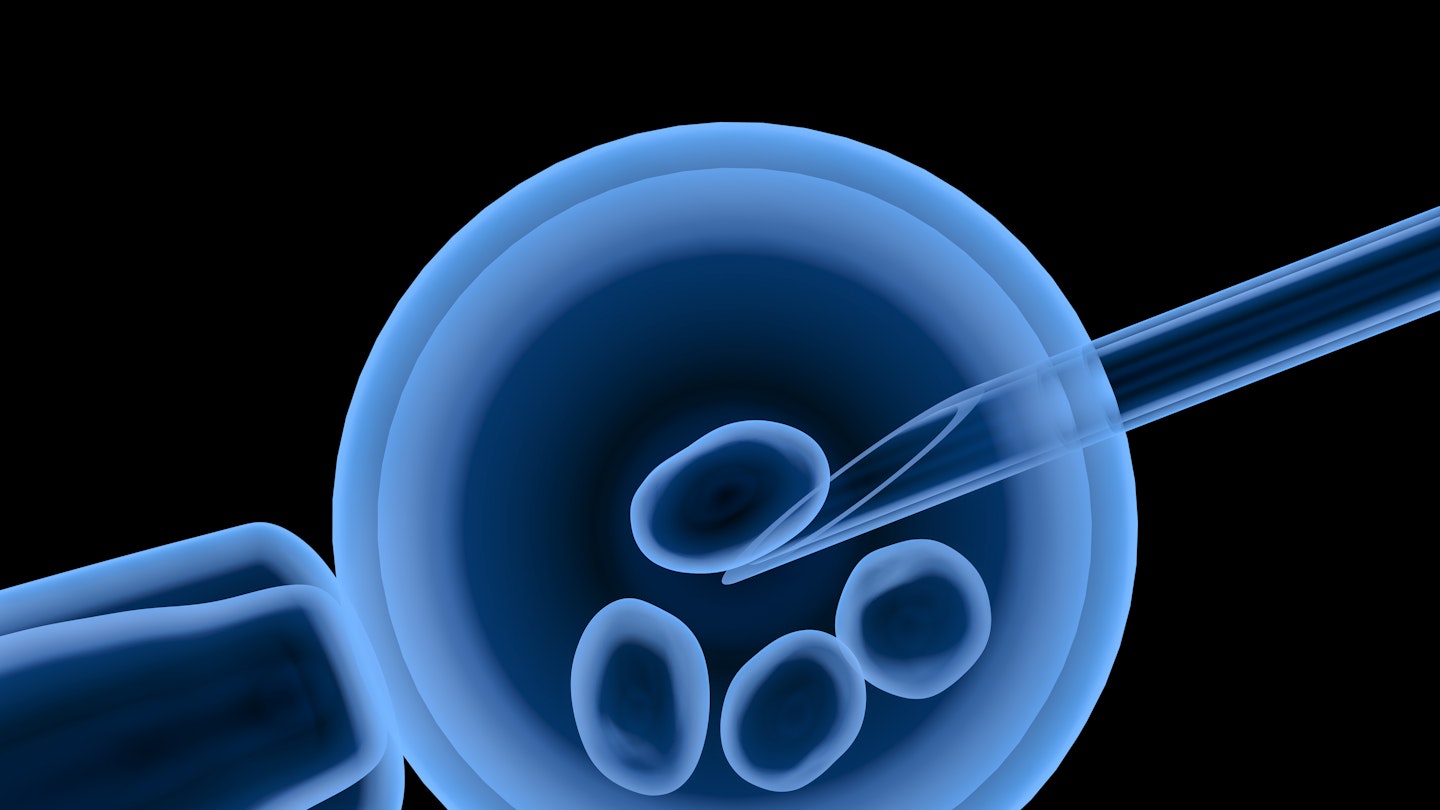Leading fertility doctors have advised women in their late thirties against freezing their eggs. New research from Imperial College London and Chelsea and Westminster Hospital highlighted that women over the age of 36 had little chance of conceiving if they froze their eggs.
Eggs frozen before a woman turns 36 have an 8.2% chance of conception, but once the woman is between the ages of 36 and 39 her chances reduce to 3.3%.
'The majority of women are taking measures to preserve their fertility too late, as a "last-ditch'" effort, instead of a planned and informed choice in their early to mid-30s,' the doctors wrote in the piece published in the journal, BJOG.
They advised that only women 'for whom the high costs and low success are acceptable' should have their eggs frozen at this age.
The report comes amid discussion within the medical sector about whether women in their late thirties should be allowed to freeze their eggs when the success rates are so slim. Considering the egg freezing process can cost up to £15,000 with additional yearly storage fees of up to £400, it’s been argued whether it’s moral to charge women such costs for a service that it is likely to fail. On the other hand, some have suggested that with scientific developments the odds of conception may improve over time.
Timothy Bracewell-Milnes, from Imperial College London, advised women who wished to freeze their eggs to consider this option between the age of 28 and 35 in order to maximize their chances.
